A majority of United Nations member countries voiced their support for China and opposition to using human rights as an excuse to interfere in China's internal affairs at a meeting of the UN General Assembly's human rights committee.
On behalf of 66 countries, Cuba made a joint statement at the UNGA Third Committee meeting on Monday, stressing that respect for sovereignty, independence and territorial integrity of states and noninterference in their internal affairs represent basic norms in international relations.
The statement said issues related to China's Xinjiang Uygur autonomous region, Hong Kong Special Administrative Region and Tibet autonomous region are China's internal affairs.
Rebuking a statement Canada had read out, on behalf of countries including the United States, that attacked China's Xinjiang-related policies, the 66-country statement opposed politicization of human rights and double standards, or interference in China's internal affairs under the pretext of human rights.
That statement also called for respecting the rights of the people of each state to independently choose their development path in accordance with their national conditions.
Saudi Arabia, on behalf of six Gulf states, Yemen and Libya stressed the objective, constructive and nonpolitical principle on human rights issues at the meeting.
They called upon all states to follow the purposes and principles of the UN Charter and the Universal Declaration of Human Rights, and to respect national sovereignty and noninterference in internal affairs.
Venezuela, on behalf of 19 member states of the Group of Friends in Defense of the Charter of the UN, criticized that some governments have been unable to fully guarantee the right to nondiscrimination for their own citizens while illegally imposing unilateral, coercive measures, which has become a modern form of systematic discrimination.
Other states, including Russia and Belarus, made their own statements at the meeting, speaking positively of China's human rights development and calling for all countries to insist on multilateralism and promote and protect human rights through dialogue and cooperation.
In all, about 100 countries have voiced understanding and support for China's position, Foreign Ministry spokesman Zhao Lijian said in Beijing on Tuesday.
This shows that the world, especially the vast number of developing countries, is opposed to politicizing human rights issues, and that individual Western countries will never succeed in their attempt to smear and contain China with Xinjiang-related issues, Zhao said.
"The UNGA Third Committee is a platform for dialogue and cooperation, instead of an arena for division and confrontation," Zhao said at a news conference, adding that people "have seen through and been fed up with the clumsy show of politicizing human rights issues and double standards by individual Western countries".
These Western countries should stop their political manipulation over human rights issues, rumormongering and smearing, should start reflecting deeply on their own serious human rights violations and the profound human rights disasters they have caused for other countries, and should return to cooperation and dialogue, Zhao said.












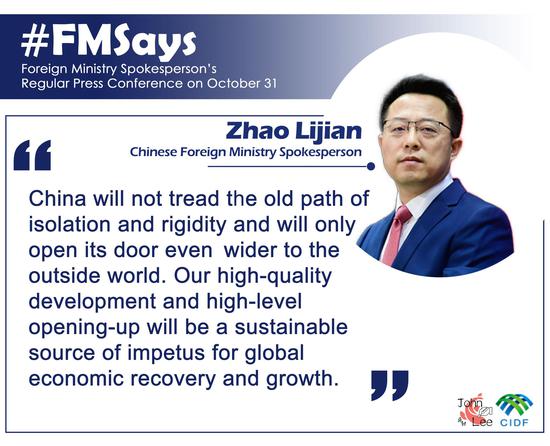











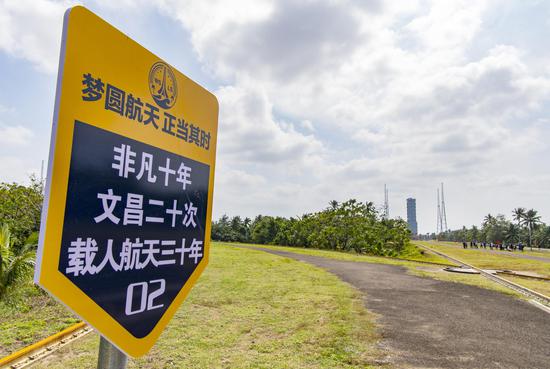
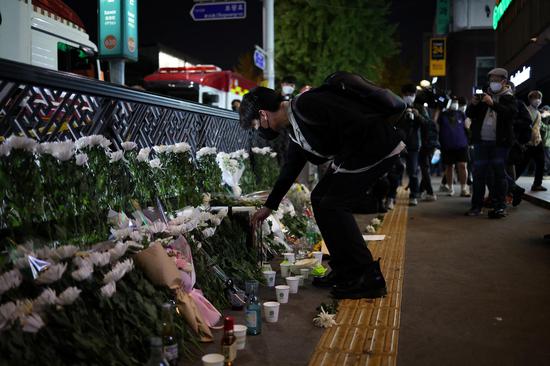

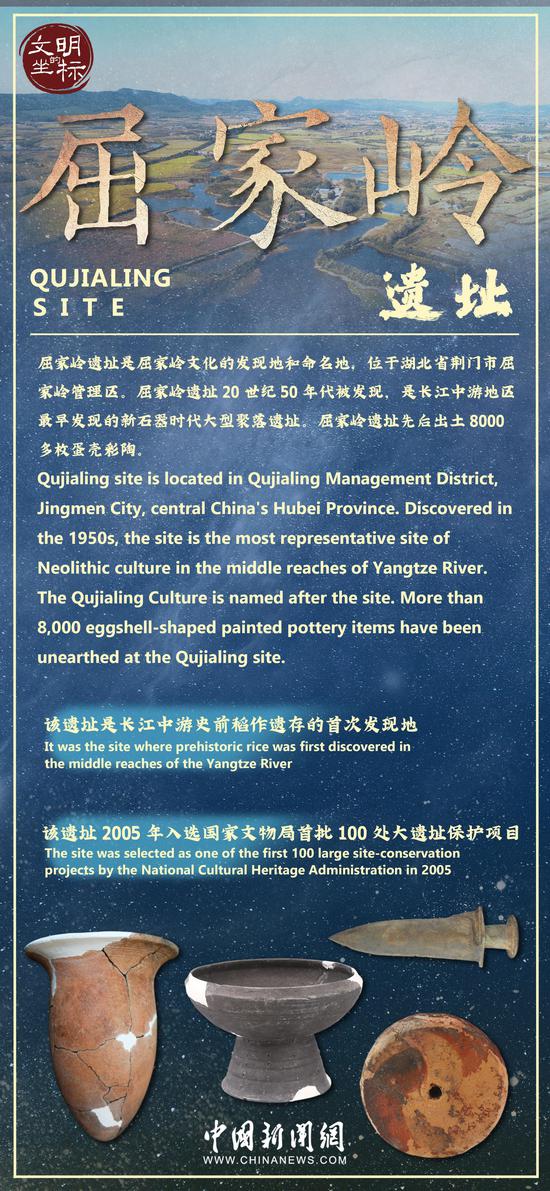

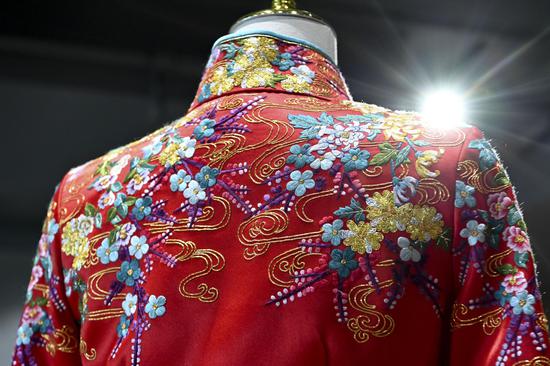

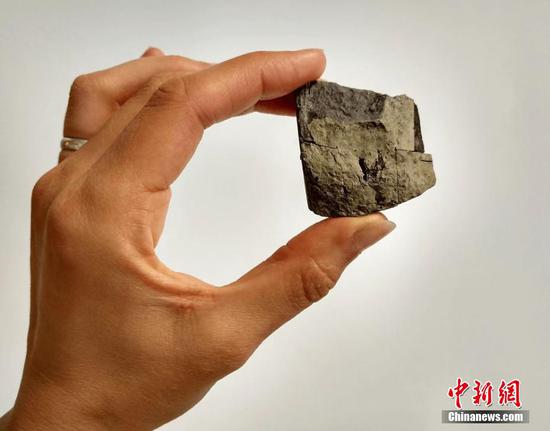










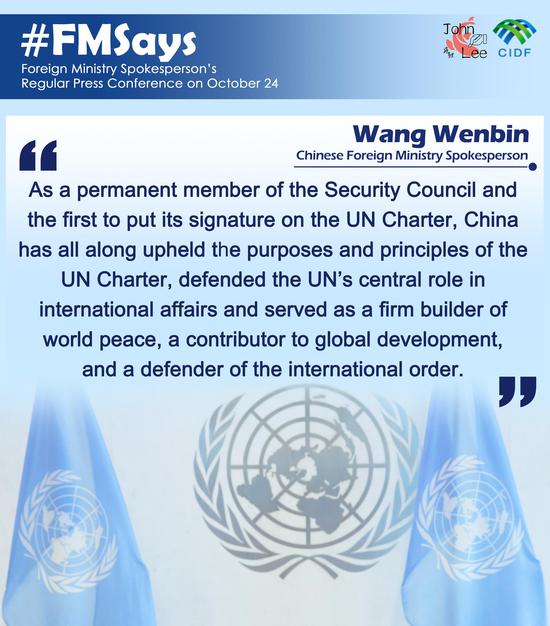







 京公网安备 11010202009201号
京公网安备 11010202009201号